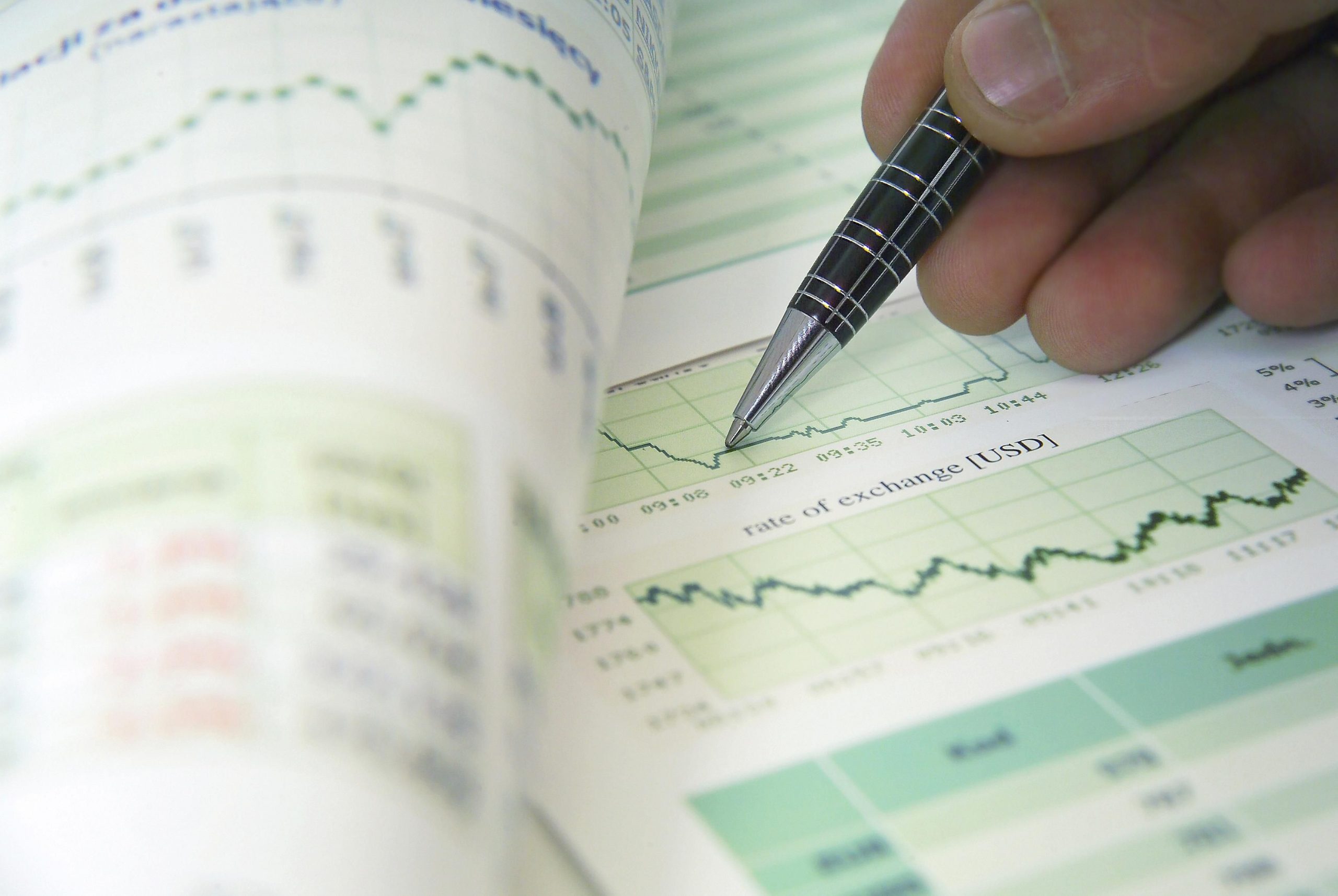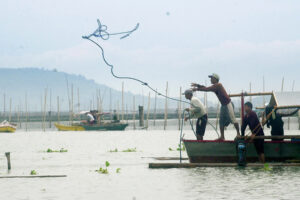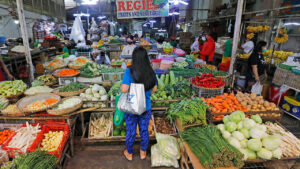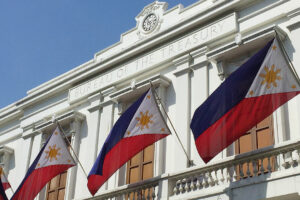Sustainability is a driving factor of post-pandemic tourism

Philippine tourism is bouncing back faster than expected, with sustainability and safety among the factors that will drive the sector post-pandemic.
“We at [the Hotel and Restaurant Association of the Philippines] are very, very excited, because everything is changing now,” said Bobby Horrigan, vice-president of the association’s hotel division, at a March 30 BusinessWorld Insights webinar. (View the webinar here: https://www.facebook.com/BWorldPH/videos/563102361494361.)
He noted that for the upcoming Holy Week a lot of the resorts in Tagaytay, Batangas, Cebu, and Davao are already close to full. The MICE (meetings, incentives, conferences, and exhibitions) business is also slowly coming back, added Mr. Horrigan.
“We see a lot of government meetings in Cebu, Davao, Mindanao… It helps when there’s an election. It’s good for the economy,” he said.
Domestic tourism was also emphasized by the Department of Tourism (DoT) representatives as a backbone of the industry. Because data has shown that travelers now prefer destinations that are low-density and closer to home, the department has enacted products related to such preferences. Examples include the heritage sugar trails in Negros Occidental, as well as farm tourism activities in various provinces like Cavite and Benguet.
“Farm tourism, given its open-space nature, is a viable product to promote in the new normal,” said Warner M. Andrada, OIC-director of the Office of Tourism Development Planning, Research, and Information Management.
Creative tourism – where travelers learn and participate in art activities, blended events, and working vacations or “workations” – is another trend that shapes the industry, according to Ramon Benedicto A. Alampay, associate professor of the Asian Institute of Tourism at University of the Philippines-Diliman.
Domestic tourism will help hotels and resorts achieve their pre-pandemic levels by 2023, he said.
“As we move towards better tourism through sustainable and responsible travel… let’s avoid the trap of revenge business – or the need to maximize our visitors as soon as we can,” said Mr. Alampay. “COVID-19 is a fact of life. Let’s continue the good habits we developed through the pandemic as we reopen.”
Mr. Horrigan said that portents of such good habits are now evident in Boracay, with the use of e-tricycles, LED (light emitting diode) sources, and reusable water bottles now being embraced by the community.
Meanwhile, to help entice travelers back and rebuild confidence, establishments such as Hotel Sogo have put in place digital conveniences such as contactless services through QR codes, plus an upcoming mobile app for self-booking. It has also invested in a complement of disinfecting solutions to minimize virus transmission.
From COVID-19 sniffing dogs to anti-microbial coatings on furnishings, marketing manager Maria Suzette G. Geminiano detailed the 11 innovations that mark the hotel chain as “so clean, so good, and so safe.”
“Disinfection technologies are indispensable for hotels [moving forward],” she told the audience of the March 30 webinar. “We are willing to share what we know to our fellow players in the industry.”
In the long run, investing in sustainability “will help tourism businesses grow in innovative ways,” Mr. Andrada said. — Patricia B. Mirasol




